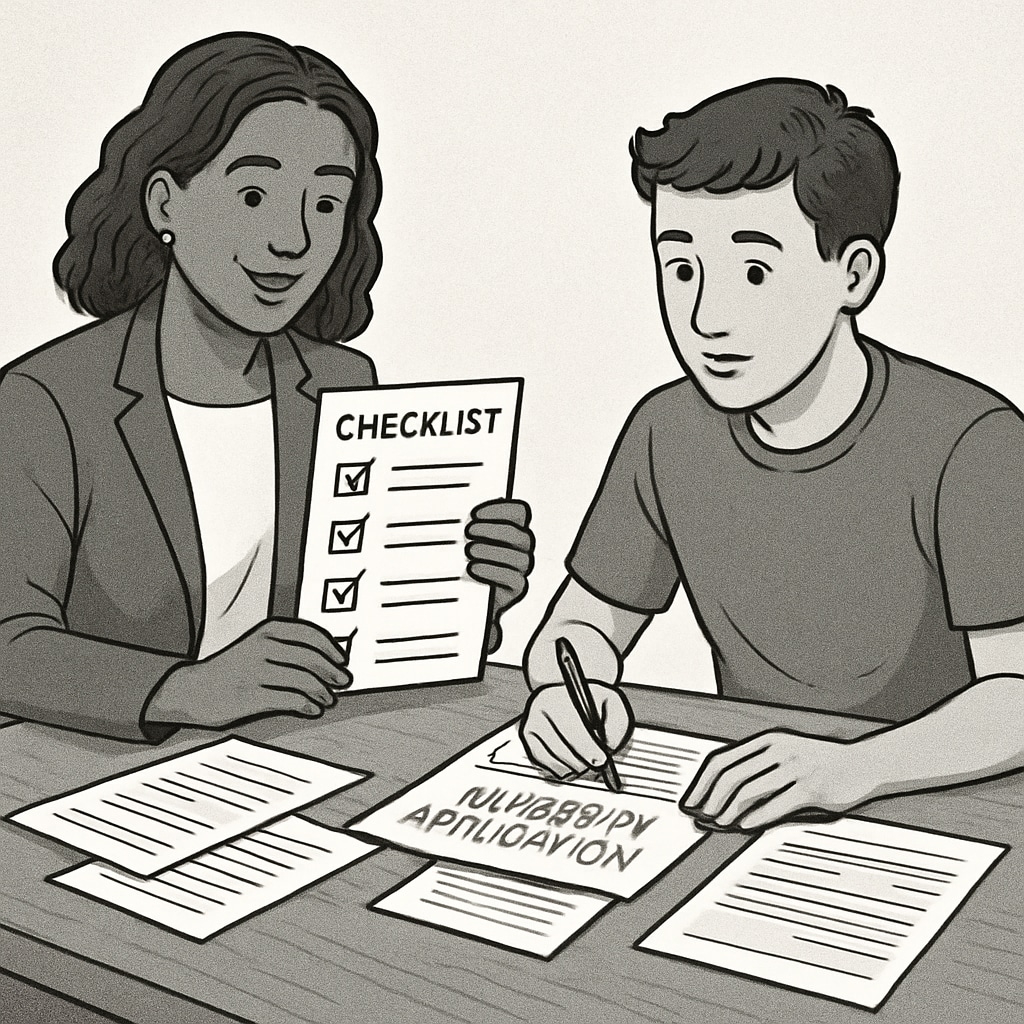For many first-year students, the university application process is an intimidating journey filled with uncertainties. The lack of prior experience, combined with limited guidance, often leads to difficulties and mistakes that could have long-term consequences. Understanding the challenges and adopting effective strategies can help students navigate this process with confidence and clarity.
Common Challenges Faced by First-Year Students
First-year students often find the university application process overwhelming. Here are some of the most common obstacles they encounter:
- Lack of Information: Many students are unsure about where to begin, what documents are required, or how to craft a compelling personal statement.
- Time Management: Balancing academic work, extracurricular activities, and application deadlines can be stressful and lead to procrastination.
- Overlooking Opportunities: Without proper guidance, students may miss out on scholarships, programs, or universities that align with their goals.
- Fear of Failure: The pressure to succeed often results in self-doubt, discouraging students from pursuing competitive universities.
Recognizing these challenges is the first step toward overcoming them. By addressing these issues with a proactive mindset, students can set themselves up for success.

Strategies to Overcome Application Challenges
While the university application process can be daunting, first-year students can take specific steps to simplify and improve their chances of success:
- Start Early: Begin researching universities and programs as soon as possible. Familiarize yourself with requirements and deadlines to avoid last-minute stress.
- Seek Guidance: Consult teachers, school counselors, or mentors who can provide valuable insights into the application process.
- Organize Your Plan: Use calendars or project management tools to keep track of deadlines, required documents, and progress.
- Practice Writing: Personal statements and essays are critical. Draft, revise, and seek feedback from trusted individuals to strengthen your writing.
- Explore Financial Aid: Research scholarships and financial aid opportunities early to ensure you’re aware of all available resources.
These strategies, when implemented effectively, can make the application process more manageable and less intimidating.

Building a Strong Foundation for Future Success
University applications are not just about submitting forms; they are about preparing for the next stage of your academic and personal journey. As a first-year student, focusing on self-improvement and building a strong foundation can make a significant difference. Here are some tips to keep in mind:
- Develop Skills: Enhance skills like time management, communication, and research, which are essential for both applications and university life.
- Stay Resilient: Rejections are part of the process. Use them as learning opportunities to refine your approach.
- Network: Connect with peers, alumni, or professionals who can offer advice and share their experiences.
- Reflect on Goals: Regularly evaluate your interests and career goals to ensure your applications align with your aspirations.
By adopting these habits early, first-year students can build a strong foundation that not only supports their university applications but also sets the stage for long-term success.
In conclusion, the university application process is undoubtedly challenging for first-year students. However, with the right approach, proper planning, and support from trusted individuals, these challenges can be transformed into opportunities for growth. Remember, it’s not about the destination alone but also about the journey of self-discovery and learning along the way.
Readability guidance: This article uses short paragraphs and bulleted lists to enhance readability. Transition words, such as “however”, “in addition”, and “as a result”, are used to ensure smooth flow. Active voice is prioritized to keep the tone engaging and direct.


